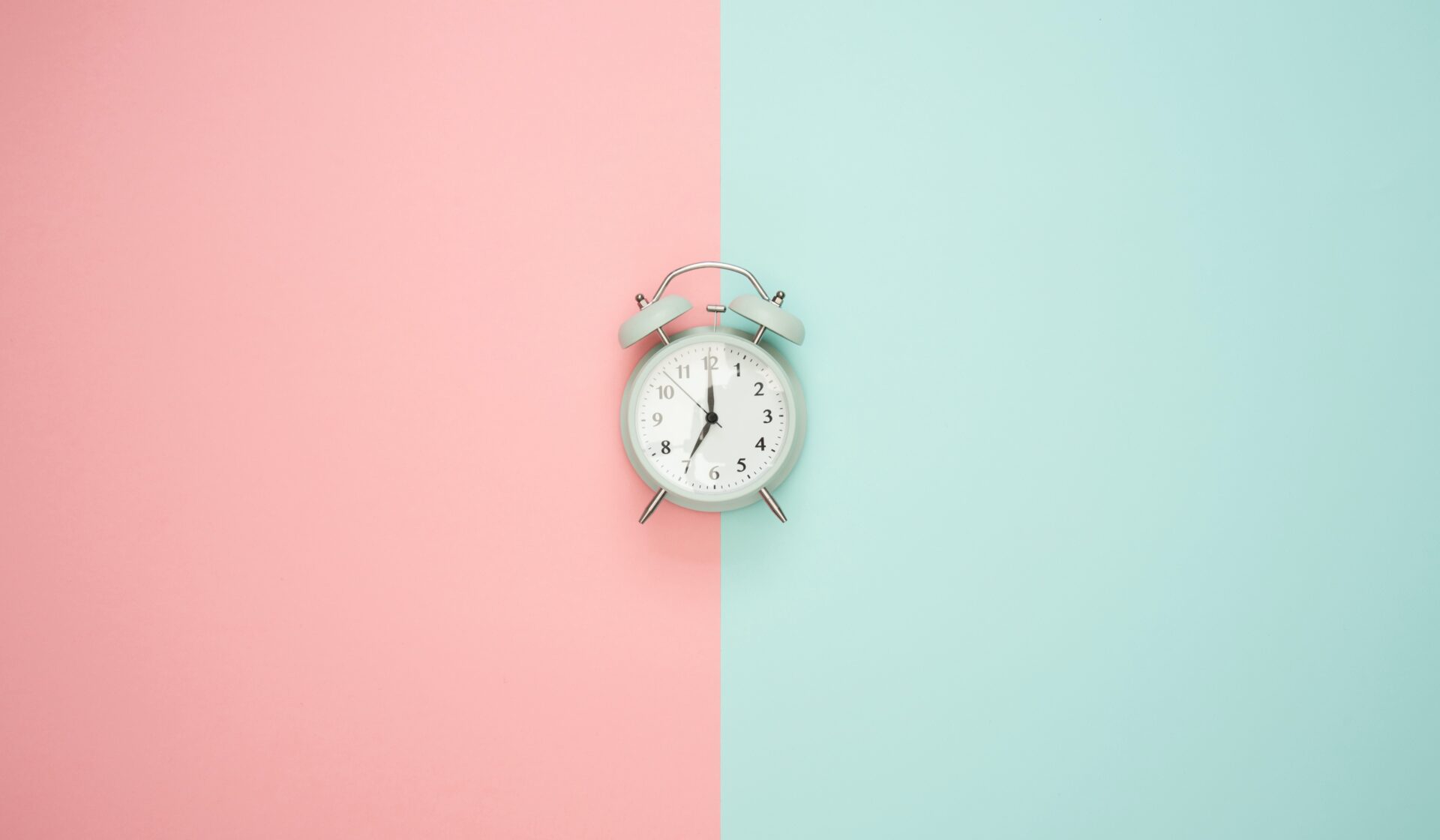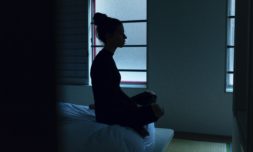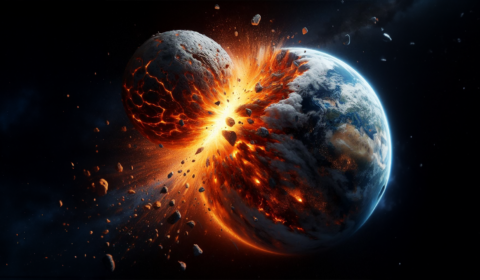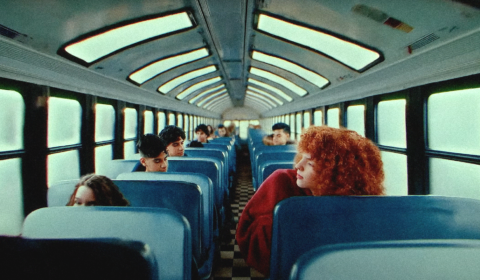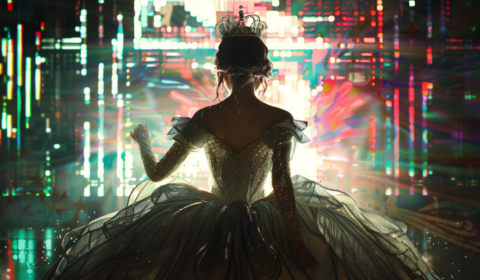A new paper by cognitive neuroscientist Nina Rouhani has uncovered that isolating to curb the spread of COVID-19 significantly impacted our ability to accurately recall events – findings that are consistent with memory lapses experienced by prison inmates.
Though almost everyone agrees that time has been passing very strangely since the pandemic took hold in early 2020, discussing how some days feel eternal while moths appear to be flying by has grown tired.
Until now, that is, because a new paper by cognitive neuroscientist Nina Rouhani has given us a valid reason to finally confront how bizarre it can be to reflect on the last few years.
As her findings reveal, isolating to curb the spread of COVID-19 did a lot more than bolster TikTok’s popularity, accelerate existing trends in remote work, and hinder our social skills.
Examining the influence of quarantine on our perception of time, Rouhani uncovered that it has significantly impacted our ability to accurately recall events, in a way that’s consistent with memory lapses experienced by prison inmates.
This is because the perception of time is a psychological phenomenon, meaning external factors can modify the way we experience it.
With the pandemic a source of widespread depression and anxiety, as well as stressful physical and mental demands, the distance between memories was scrunched, like compressing a slinky.
Then there was the monotony, where the lack of changing context muddled everything into a compressed ball of sameness.
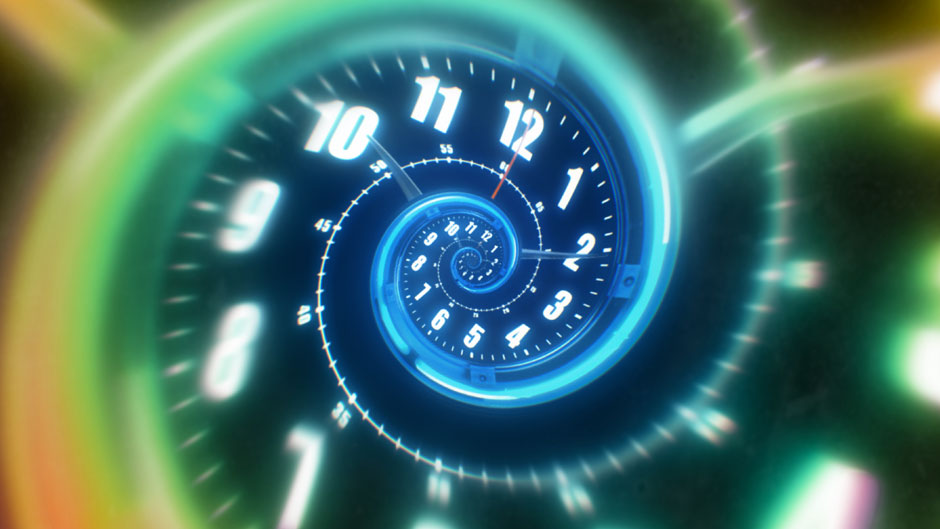

In Rouhani’s words, ‘when you go on vacation and come back, it feels like a century has passed because changing scenery leads to more memories so it feels longer – lockdowns did the opposite of that.’
So, just as astronomers measure cosmic expansion by tracking the growing distance between galaxies, Rouhani looked at the subjectively reported distances between big news events to test this theory.
Proving herself right, participants in the study remembered events during COVID-19 as being closer together than those of similar distance before or after it ground the world to a halt.
If the pandemic feels like a blur, or if details don’t readily come to mind, the study helps explain why by underscoring how variable our sense of time can be.
Rouhani believes that ‘anchoring’ life events are vital for accurate recollection of timelines, which were in short supply after lockdowns began.
‘We’re aware of time. We’re aware of the fragility of time. We’re aware of what happens when your time to do the things you want is taken away from you,’ says Ruth Ogden, a psychology professor in the UK.
‘And that’s the real thing that will have changed, is how people value time.’









